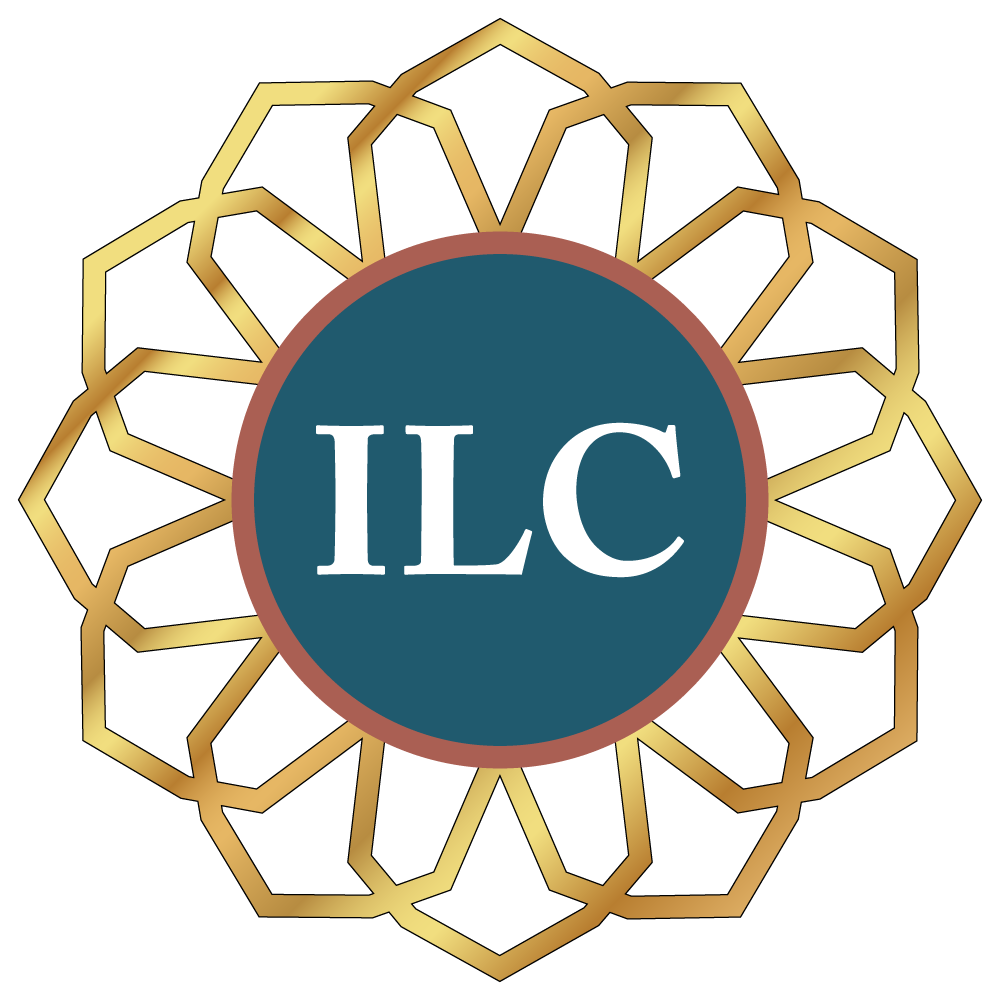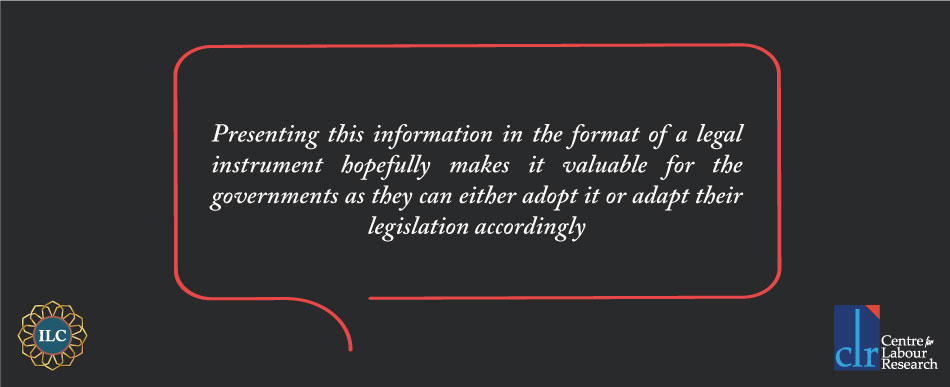The nexus between religion and labour has invariably fascinated me. I read with profound interest the works of Hifzur Rahman Seoharvi, Manazir Ahsan Gilani, Mujibullah Nadvi, Nejatullah Siddiqui, and Noor Muhammad Ghaffari on Islamic Economics as early as 2002. I later had a chance to practically explore some of these issues as I joined the Ministry of Labour, Government of Pakistan in 2006.
During my studies at Cornell University USA, I took an independent study course with Professor Lance Compa in 2010 concerning the Islamic perspective on individual and collective labour relations. The independent study was later published in a US-based labour law journal. In 2014, I started expanding the work to create a separate Islamic Labour Code, which is fully backed by the teachings of Quran and Sunnah. This work has spanned over a decade.
From 2014 onward, I have worked together with my co-author, Asghar Jameel, to conduct research and expand the work to wider labour market issues. On several occasions in the last 12 months, during our calls and face to face meetings in the United Kingdom, Pakistan and the Netherlands, we have brainstormed about the best way to present the teachings of Quran and Sunnah vis-a-vis modern-day labour issues. I must acknowledge research assistance from Bilalur Rahman during 2014-15.
Presenting this information in the format of a legal instrument hopefully makes it valuable for the governments as they can either adopt it or adapt their legislation accordingly. The work is solely based on our inferences and interpretations of the Islamic teachings, and we are fully responsible for our failings.
I must express my gratitude to my wife, Sobia Ahmad, for her constant support during the work which has taken years to finish. My kids, Haniyah, Yumna and Youshua, also deserve kudos for sacrificing many of their weekends and festive occasions, allowing me to continue working on this topic and other labour issues.
We hope that this work by the “dog on the doorstep”[1] is accepted by Allah and His Prophet(ﷺ) We seek His approval for our humble efforts and His forgiveness for all our errors and omissions.
We appreciate all feedback and would be open to revising the work if a better and more valid argument is advanced, based on the teachings of Quran and Sunnah.
Iftikhar Ahmad
Islamabad, Pakistan
December 2020
[1] While describing the account of the People of Cave, Quran also refers to their dog which kept sitting on the doorsteps of the cave. It says “and their dog sat stretching out its forelegs on the threshold of the Cave”. (18:18)
وَكَلۡبُهُمۡ بَاسِطٌ ذِرَاعَيۡهِ بِالۡوَصِيۡدِ

